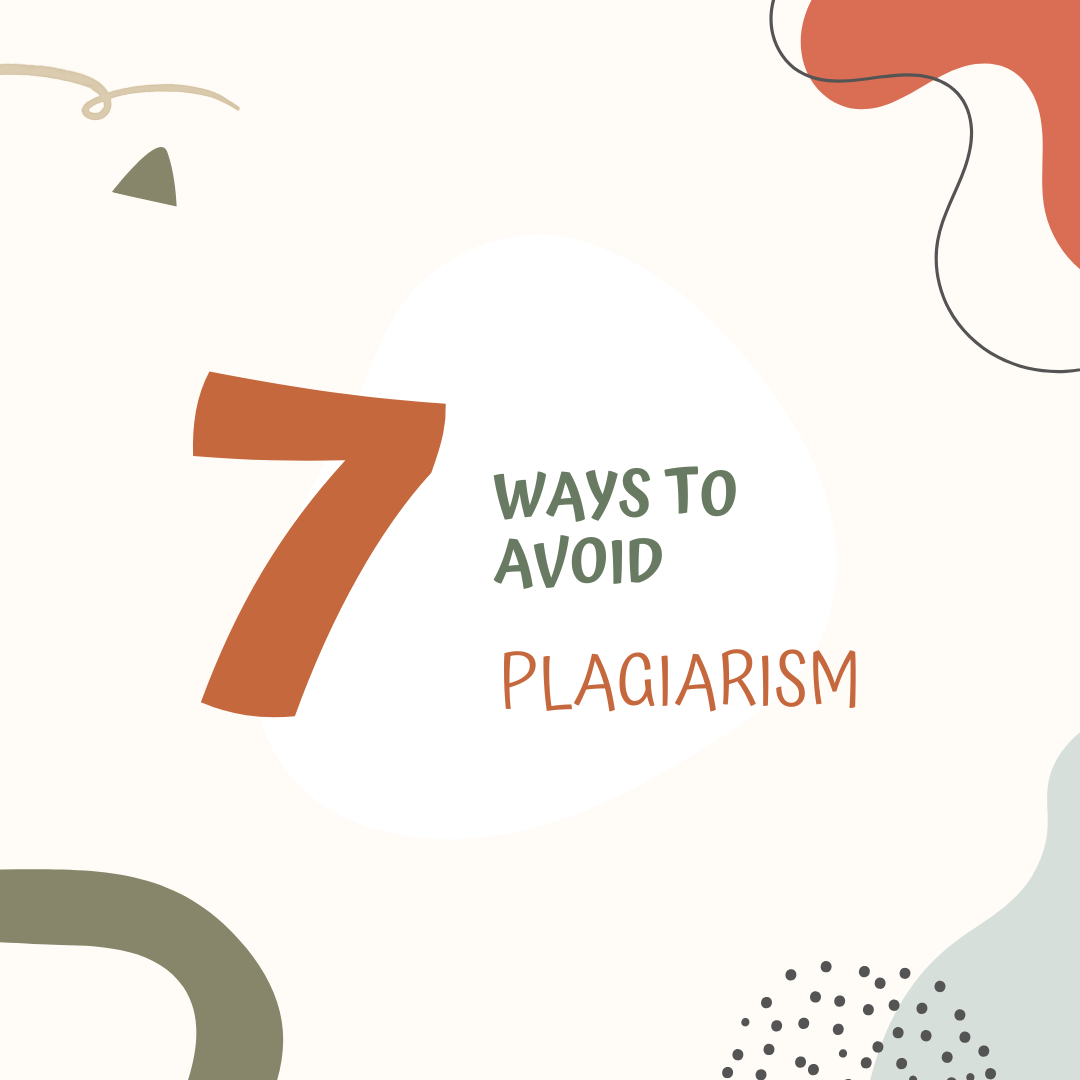Plagiarism. The mere word sends shivers down the spine of any conscientious student. In the academic world, it’s the equivalent of copying someone’s homework in school – except this time, the consequences are a lot more severe. If you’re working on your dissertation, avoiding plagiarism isn’t just a suggestion; it’s non-negotiable. Here’s how to steer clear of the P-word while adding your own brilliance to the world of research.
Understand What Counts as Plagiarism
First things first: plagiarism isn’t just copying and pasting large chunks of text from Wikipedia (although, please, don’t do that). It also includes:
- Paraphrasing someone’s ideas without giving them credit.
- Forgetting quotation marks around direct quotes.
- Relying too heavily on one source, even if cited.
- Turning in someone else’s work as your own.
If you’re ever unsure, think of it this way: if you didn’t come up with the idea, cite it. Better safe than sorry.

Take Meticulous Notes (Seriously, Be Over-the-Top)
One of the easiest ways to plagiarise accidentally is by losing track of where your ideas end and your sources begin. Keep detailed notes as you read, and clearly label what’s a direct quote, a paraphrase, or your own thought. Use colour coding, digital tools like Zotero, or good old sticky notes. Yes, it’s tedious, but your future self will thank you.
Cite, Cite, Cite (and Then Cite Some More)
Academic writing is a lot like baking: you’ve got to show your ingredients. Citations are your recipe for academic credibility. Whether you’re quoting directly, paraphrasing, or summarising, you need to credit the original author. Familiarise yourself with the referencing style required (APA, Harvard, MLA, etc.) and stick to it like glue.
Use Plagiarism Checkers (Your New Best Friend)
Even the most careful writer can slip up. Run your draft through plagiarism detection software like Turnitin, Grammarly, or Quetext. These tools don’t just highlight direct matches; they also flag areas where you may need to improve your paraphrasing or citation. Think of it as having a second set of eyes on your work.
Master the Art of Paraphrasing
Here’s a fun challenge: take a paragraph from a source, and explain it to a friend as if you were chatting in a coffee shop. Then, write it down in your own words. That’s paraphrasing. It’s not about swapping out a few words for synonyms; it’s about fully understanding and re-expressing the idea. If you can’t explain it, you haven’t understood it well enough to paraphrase.
Don’t Forget Your Voice
Your dissertation is supposed to showcase your research, your findings, and your interpretations. While it’s tempting to rely heavily on what other scholars have said, remember to leave room for your voice. What do you think? How does this research relate to your work? Your unique contribution is what makes your dissertation valuable.
Plan Ahead (Avoid Last-Minute Writing Panics)
Ever heard of the “panic plagiarism” phenomenon? It’s what happens when you’re staring at a blank screen two days before your deadline and think, “Maybe just a quick copy-paste will do.” Spoiler alert: it won’t. Start your research and writing early, and give yourself plenty of time to draft, revise, and cite correctly.
Use a Reference Manager (Let Technology Do the Heavy Lifting)
Reference managers like Mendeley, EndNote, and Zotero are lifesavers. They keep all your sources organised and can even generate citations and bibliographies with a few clicks. Plus, they make you look
like an organisational wizard during your dissertation defence. Forget scrambling to find that one elusive article – these tools have your back.
Check Your University’s Guidelines
Every institution has its own rules about plagiarism and citation. Take the time to review your university’s guidelines on academic integrity. Knowing the specifics can save you from unintentionally breaking the rules.
Why Avoiding Plagiarism Is Worth It
Yes, avoiding plagiarism can feel like walking a tightrope at times, but the payoff is huge. Not only do you maintain your academic integrity, but you also gain a deeper understanding of your subject, improve your writing skills, and – let’s be honest – sleep better at night knowing your work is genuinely yours.
How Academic Coaching Can Help
Feeling overwhelmed by citations, paraphrasing, or managing sources? You’re not alone. This is where academic coaching can make all the difference. A coach can help you develop strategies to stay organised, refine your writing process, and confidently avoid plagiarism pitfalls. Plus, they’re great for cheering you on when you’re buried under a mountain of journal articles.
Final Thoughts
Plagiarism is the ultimate academic faux pas, but it’s entirely avoidable with the right approach. Stay organised, give credit where it’s due, and embrace your unique contribution to your field. Remember, your dissertation is a reflection of your hard work and dedication. You’ve got this – and if you need a helping hand, academic coaching is just a call away.